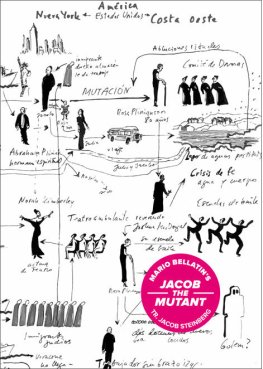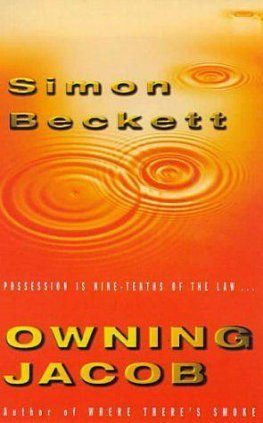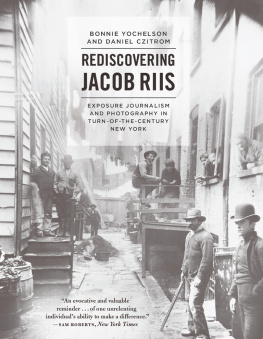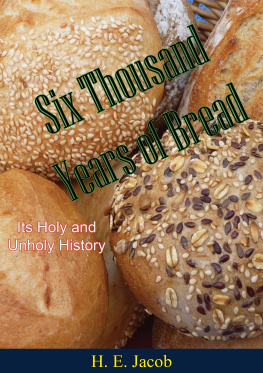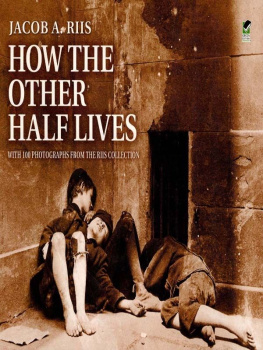I
THE BATTLE WITH THE SLUM
The slum is as old as civilization. Civilization implies a race, to get ahead. In a race there are usually some who for one cause or another cannot keep up, or are thrust out from among their fellows. They fall behind, and when they have been left far in the rear they lose hope and ambition, and give up. Thenceforward, if left to their own resources, they are the victims, not the masters, of their environment; and it is a bad master. They drag one another always farther down. The bad environment becomes the heredity of the next generation. Then, given the crowd, you have the slum ready-made.
The battle with the slum began the day civilization recognized in it her enemy. It was a losing fight until conscience joined forces with fear and self-interest against it. When common sense and the golden rule obtain among men as a rule of practice, it will be over. The two have not always been classed together, but here they are plainly seen to belong together. Justice to the individual is accepted in theory as the only safe groundwork of the commonwealth. When it is practiced in dealing with the slum, there will shortly be no slum. We need not wait for the millennium, to get rid of it. We can do it now. All that is required is that it shall not be left to itself. That is justice to it and to us, since its grievous ailment is that it cannot help itself. When a man is drowning, the thing to do is to pull him out of the water; afterward there will be time for talking it over. We got at it the other way in dealing with our social problems. The doctrinaires had their day, and they decided to let bad enough alone; that it was unsafe to interfere with "causes that operate sociologically," as one survivor of these unfittest put it to me. It was a piece of scientific humbug that cost the age which listened to it dear. "Causes that operate sociologically" are the opportunity of the political and every other kind of scamp who trades upon the depravity and helplessness of the slum, and the refuge of the pessimist who is useless in the fight against them. We have not done yet paying the bills he ran up for us. Some time since we turned to, to pull the drowning man out, and it was time. A little while longer, and we should have been in danger of being dragged down with him.
The slum complaint had been chronic in all ages, but the great changes which the nineteenth century saw, the new industry, political freedom, brought on an acute attack which threatened to become fatal. Too many of us had supposed that, built as our commonwealth was on universal suffrage, it would be proof against the complaints that harassed older states; but in fact it turned out that there was extra hazard in that. Having solemnly resolved that all men are created equal and have certain inalienable rights, among them life, liberty, and the pursuit of happiness, we shut our eyes and waited for the formula to work. It was as if a man with a cold should take the doctor's prescription to bed with him, expecting it to cure him. The formula was all right, but merely repeating it worked no cure. When, after a hundred years, we opened our eyes, it was upon sixty cents a day as the living wage of the working-woman in our cities; upon "knee pants" at forty cents a dozen for the making; upon the Potter's Field taking tithe of our city life, ten per cent, each year for the trench, truly the Lost Tenth of the slum. Our country had grown great and rich; through our ports was poured food for the millions of Europe. But in the back streets multitudes huddled in ignorance and want. The foreign oppressor had been vanquished, the fetters stricken from the black man at home; but his white brother, in his bitter plight, sent up a cry of distress that had in it a distinct note of menace. Political freedom we had won; but the problem of helpless poverty, grown vast with the added offscourings of the Old World, mocked us, unsolved. Liberty at sixty cents a day set presently its stamp upon the government of our cities, and it became the scandal and the peril of our political system.
So the battle began. Three times since the war that absorbed the nation's energies and attention had the slum confronted us in New York with its challenge. In the darkest days of the great struggle it was the treacherous mob; later on, the threat of the cholera, which found swine foraging in the streets as the only scavengers, and a swarming host, but little above the hog in its appetites and in the quality of the shelter afforded it, peopling the back alleys. Still later, the mob, caught looting the city's treasury with its idol, the thief Tweed, at its head, drunk with power and plunder, had insolently defied the outraged community to do its worst. There were meetings and protests. The rascals were turned out for a season; the arch-thief died in jail. I see him now, going through the gloomy portals of the Tombs, whither, as a newspaper reporter, I had gone with him, his stubborn head held high as ever. I asked myself more than once, at the time when the vile prison was torn down, whether the comic clamor to have the ugly old gates preserved and set up in Central Park had anything to do with the memory of the "martyred" thief, or whether it was in joyful celebration of the fact that others had escaped. His name is even now one to conjure with in the Sixth Ward. He never "squealed," and he was "so good to the poor"evidence that the slum is not laid by the heels by merely destroying Five Points and the Mulberry Bend. There are other fights to be fought in that war, other victories to be won, and it is slow work. It was nearly ten years after the great robbery before decency got the upper grip in good earnest. That was when the civic conscience awoke in 1879.
In that year the slum was arraigned in the churches. The sad and shameful story was told of how it grew and was fostered by avarice, that saw in the homeless crowds from over the sea only a chance for business, and exploited them to the uttermost, making sometimes a hundred per cent, on the capital invested,always most out of the worst houses, from the tenants of which "nothing was expected" save that they pay the usurious rents; how Christianity, citizenship, human fellowship, shook their skirts clear of the rabble that was only good enough to fill the greedy purse, and how the rabble, left to itself, improved such opportunities as it found after such fashion as it knew; how it ran elections merely to count its thugs in, and fattened at the public crib; and how the whole evil thing had its root in the tenements, where the home had ceased to be sacred,those dark and deadly dens in which the family ideal was tortured to death, and character was smothered; in which children were "damned rather than born" into the world, thus realizing a slum kind of foreordination to torment, happily brief in many cases. The Tenement House Committee long afterward called the worst of the barracks "infant slaughter houses," and showed, by reference to the mortality lists, that they killed one in every five babies born in them.


